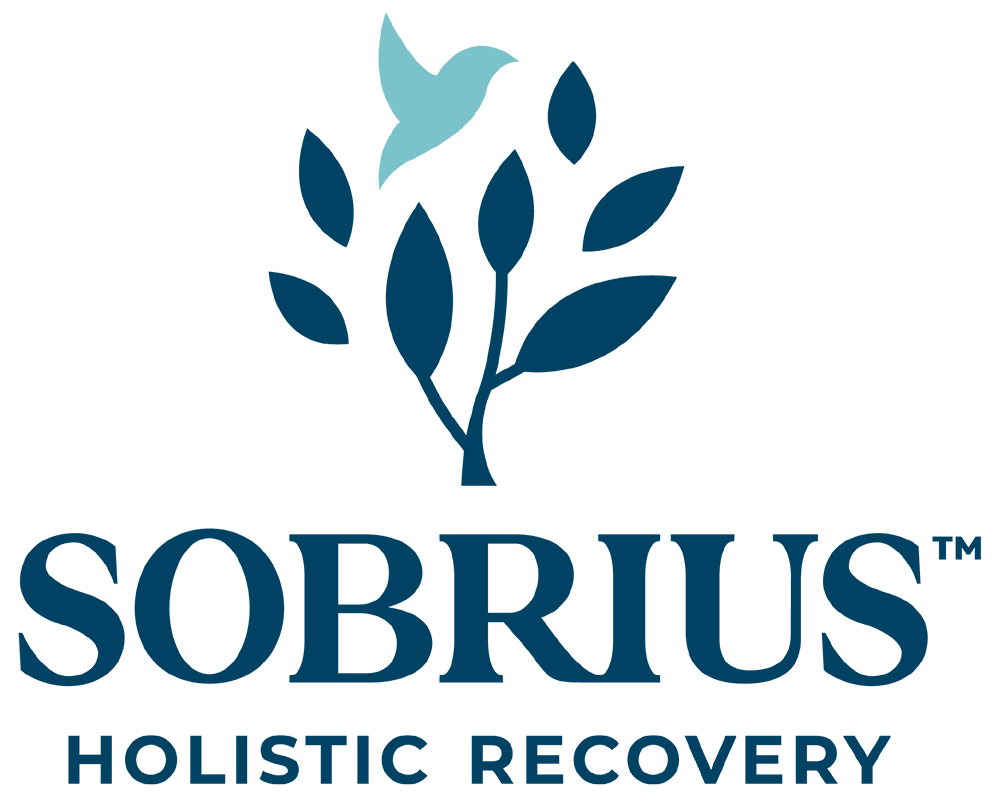According to the National Center for Drug Abuse Statistics, 53% of all overdose deaths involve fentanyl. This drug is a powerful opioid that leads to fast dependence, but can fentanyl addiction be treated? Our fentanyl recovery program in VA can help your loved one break free from the hold addiction has on their life.
You likely have myriad questions about the recovery process. What is the sobriety rate of fentanyl? How long do fentanyl withdrawal symptoms last? Can the person achieve lasting sobriety? Learn more about what the treatment process is like and how your loved one can benefit from a recovery program at Sobrius.
Can fentanyl addiction be treated successfully?
The answer is yes. It’s possible to successfully treat all types of addiction if the person participates in a recovery program that offers the exact support they need. That can vary, depending on the severity of the addiction and their unique circumstances.
There are a few main types of treatment programs:
- Residential programs
- Partial hospitalization programs (PHPs)
- Sober living programs
- Men’s rehab program
- Women’s rehab program
For those who don’t have a safe home environment or who need the highest level of care, residential treatment can be the most effective option. Each type of program after that offers progressively more freedom and encourages the person to start trusting themselves and their sobriety.
The first step in the process, however, is removing the drug from the system, which means going through the withdrawal process. So, how long does it take for fentanyl to get out of the system?
How long does it take for fentanyl to get out of the system?
To be able to effectively help a loved one find their sobriety once more, they need to be physically stabilized. Going through fentanyl withdrawal alone is dangerous because your loved one’s body has lost the ability to function without the substance. This leads to all manner of unpleasant and dangerous symptoms.
To address this problem, treatment centers provide medication-assisted treatment (MAT) that can help stabilize your loved one as they go through the process. How long do fentanyl withdrawal symptoms last? The answer can depend on how long your loved one has had the addiction, how much fentanyl they consume regularly, and a variety of factors.
With medications, treatment programs can help your loved one go through withdrawal without experiencing the most severe symptoms. This allows them to start their recovery correctly.
The active treatment process
Once your loved one has physically stabilized, they will begin therapy. It involves a variety of modalities, including behavioral therapy and holistic therapy. These individual sessions help your loved one understand what may have led to the addiction and learn ways of managing everything from cravings to mental health concerns.
Group therapy sessions are also vital. It’s common for people who live with addictions to isolate themselves, which only makes mental health problems worse. Group therapy helps your loved one relearn how to communicate effectively with others while also showing them that there are many others experiencing the same problem.
Once your loved one has completed their programs, they can receive aftercare services, including access to sober living options to help them stick with their sobriety. What is the sobriety rate for fentanyl? There are presently no definitive statistics available. However, people who participate in treatment programs tend to have a much better chance of remaining sober.
Help a loved one get care at Sobrius’ fentanyl recovery program in VA
Seeing a loved one struggling with addiction can be devastating. You may not know how you can help them, which could leave you feeling hopeless. By encouraging your loved one to pursue treatment via a residential or outpatient program, you can assist them as they begin their journey to long-term sobriety.
Sobrius knows how frightening a fentanyl addiction can be and how much your loved one could be struggling. We provide the support they deserve. Offer your loved one the lifeline they need by calling Sobrius at 888.596.6514 or complete our online contact form to get started.

